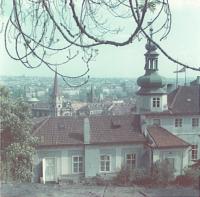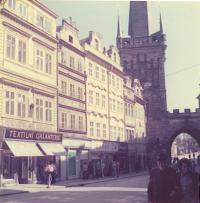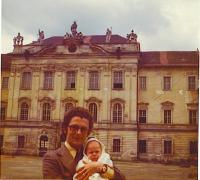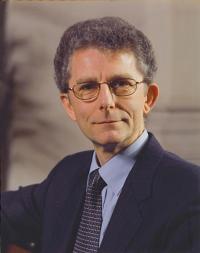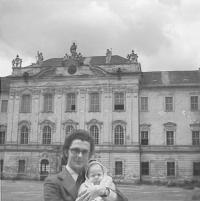Living in a communist country meant living in a lie
Brian M. Bennet was born in England in 1948. He studied Russian at grammar school and continued with Russian at University as well. He chose Czech as the second language and he could soon speak it. He was finishing his studies in Vienna in the exact time when occupation of Czechoslovakia by the armies of Warschau Pact took place. After graduating he joined the Foreign Office an in 1973 he was placed to Prague. „When I went to Prague, I was somewhat naive because I thought that communism was an acceptable form of politics. It was very interesting for me to see communism at first hand and realize the reality of the system.” His task was mostly to monitor the situation in the country, to follow the media and meet newspaper people. He wasn’t in contact with people from the dissent but at the same time he calls most of the society as “quietly dissident.” As a diplomat he didn’t have greater problems with security forces, his calls, for instance, were naturally tapped, though. Also thanks to his ability to communicate with people he gained certain image of the society. As he states, he felt that Czechs and Slovaks perceive communism as something foreign, imported by the USSR. He felt that the society was aware about that they belonged to the family of Western nations. Brian M. Bennet left Prague in 1976 and then served in Helsinki and Barbados. In the eighties he took part in the talks between NATO and the Warschau Pact on disarmament in Vienna. They were unsuccesful: „I left Vienna and left the talks with the Warsaw Pact, believing that Europe would be divided forever. And only a year later it started to come apart,” he says. After the revolution he carried out analysis of economic transformation of the Eastern-European countries and lately he served as an ambassador in Belarus.

